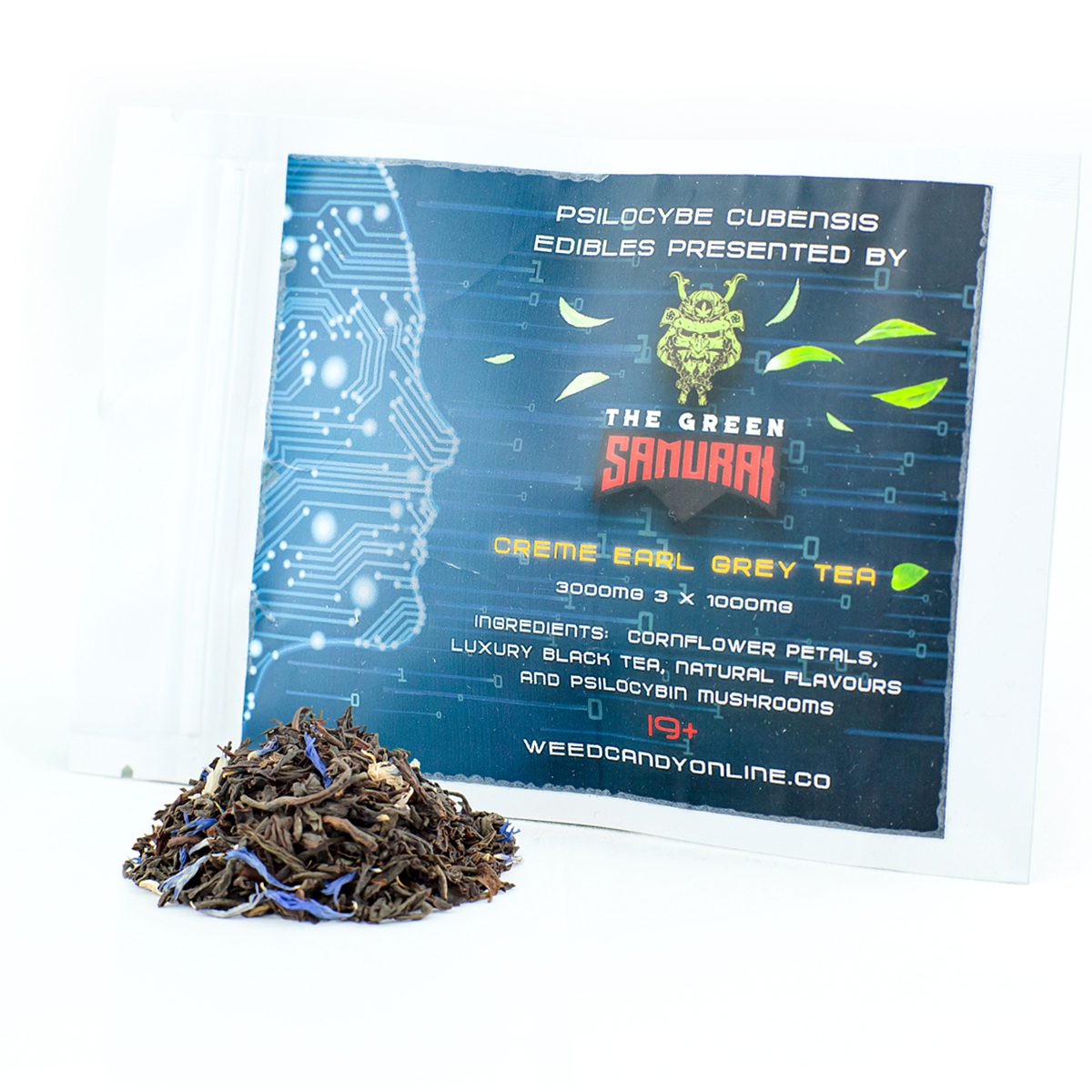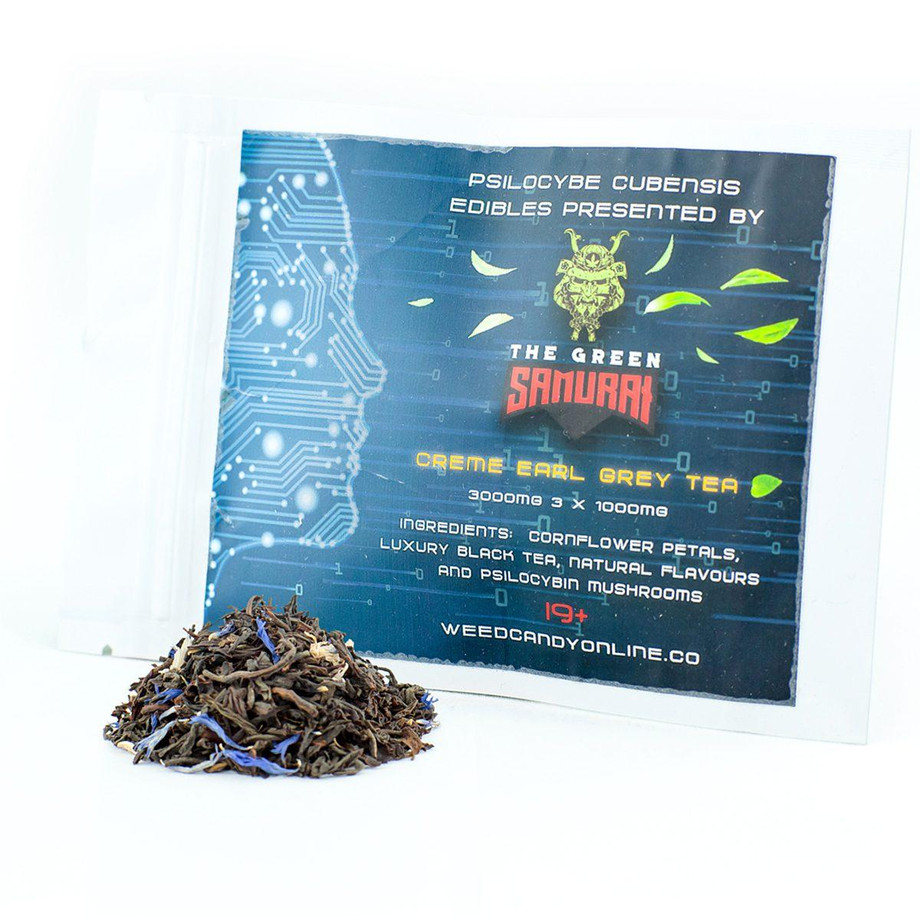Magic mushrooms, also known as psilocybin mushrooms, have been used for centuries for their psychedelic properties and potential therapeutic benefits. In recent years, there has been a growing interest in the sale of magic mushrooms, both for recreational and medicinal purposes. However, the legality and ethical considerations surrounding the sale of these mushrooms remain complex and contentious.
Before delving into the topic, it's essential to clarify the legal status of magic mushrooms. In many parts of the world, including the United States and Canada, psilocybin mushrooms are classified as Schedule I controlled substances, meaning they are illegal to possess, sell, or distribute without authorization. However, there has been a gradual shift in attitudes and policies towards psychedelic substances, leading to decriminalization efforts in some jurisdictions and the legalization of psilocybin-assisted therapy in others.
In jurisdictions where the sale of magic mushrooms is legal or decriminalized, businesses have emerged to meet the demand for these psychedelic fungi. Online platforms and specialty shops offer a variety of products, including dried mushrooms, capsules, and microdose kits, marketed for recreational use, spiritual exploration, and therapeutic purposes. Advocates argue that regulated sales provide consumers with access to safe and standardized products, while also generating revenue for education, harm reduction, and research initiatives.
However, the sale of magic mushrooms raises several ethical considerations that warrant careful examination. One concern is the potential for exploitation and harm, particularly among vulnerable populations. As with any psychoactive substance, there is a risk of misuse, dependency, and adverse psychological effects, especially when used without proper guidance or supervision. Critics caution against commercializing magic mushrooms without adequate safeguards in place to protect consumers, especially those who may be susceptible to exploitation or coercion.
Another ethical dilemma involves the cultural appropriation and commodification of indigenous knowledge and traditions. Magic mushrooms have long been used in indigenous rituals and ceremonies for their spiritual and healing properties. The commercialization of these mushrooms by non-indigenous businesses raises questions about cultural respect, intellectual property rights, and the equitable distribution of benefits. It's essential for businesses and consumers alike to recognize and honor the cultural significance of magic mushrooms and to engage with indigenous communities in a respectful and collaborative manner.
Furthermore, the sale of magic mushrooms raises broader questions about drug policy, public health, and individual autonomy. Proponents argue that adults should have the freedom to make informed choices about their own consciousness and well-being, including the use of psychedelic substances. They advocate for harm reduction approaches that prioritize education, safety, and responsible use, rather than punitive measures that criminalize drug users and perpetuate stigma.
In conclusion, the sale of magic mushrooms presents a complex intersection of legal, ethical, and social considerations. While some jurisdictions have moved towards decriminalization and legalization, others maintain strict prohibitions on these psychedelic fungi. As society grapples with evolving attitudes towards psychedelics, it's essential to approach the sale of magic mushrooms with careful consideration of the potential risks and benefits, as well as the broader implications for public health, cultural integrity, and individual rights. By engaging in open dialogue and thoughtful discourse, we can navigate these complexities and forge a path towards a more informed and responsible approach to psychedelics.
For More Info:-






Comments